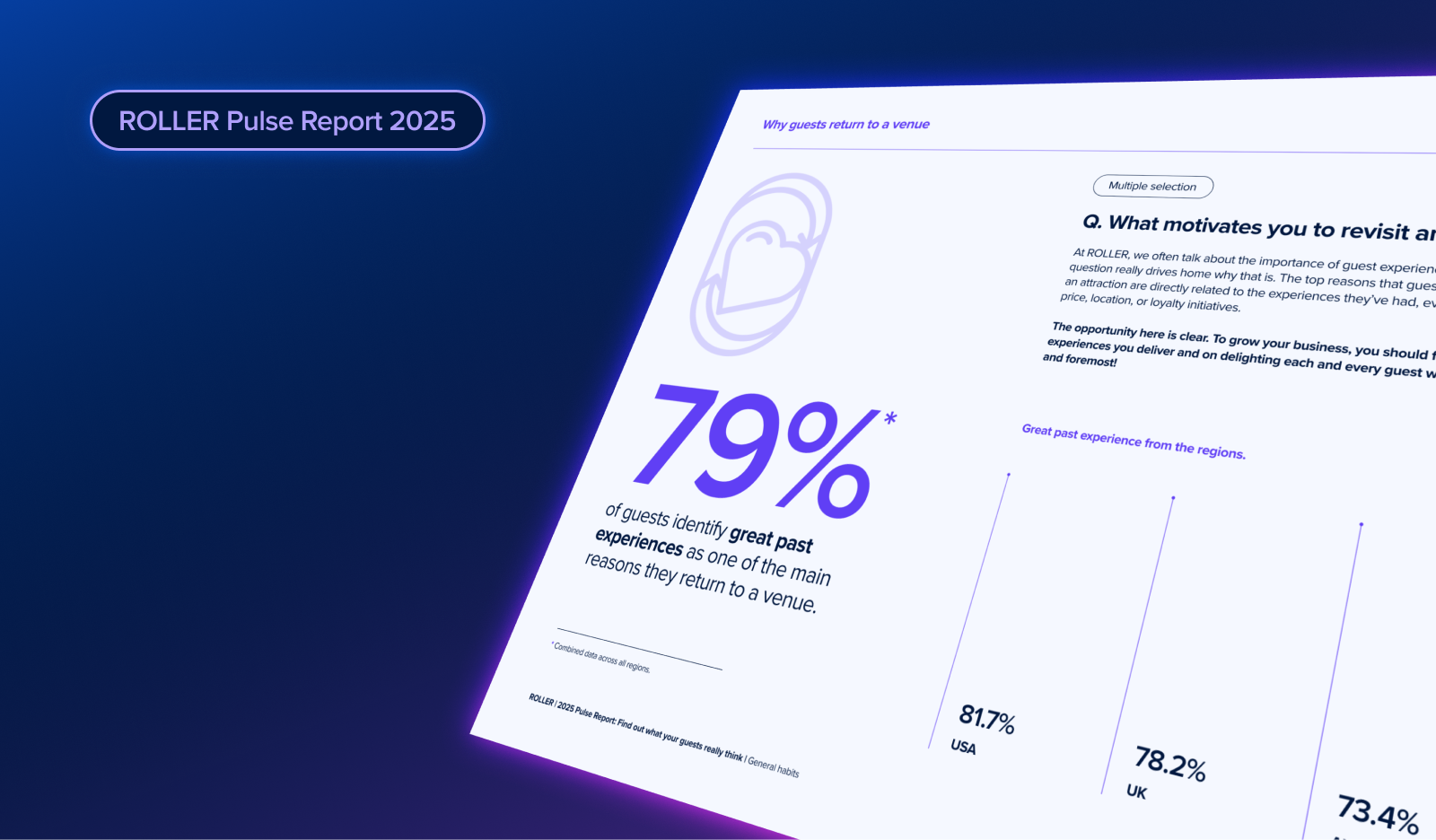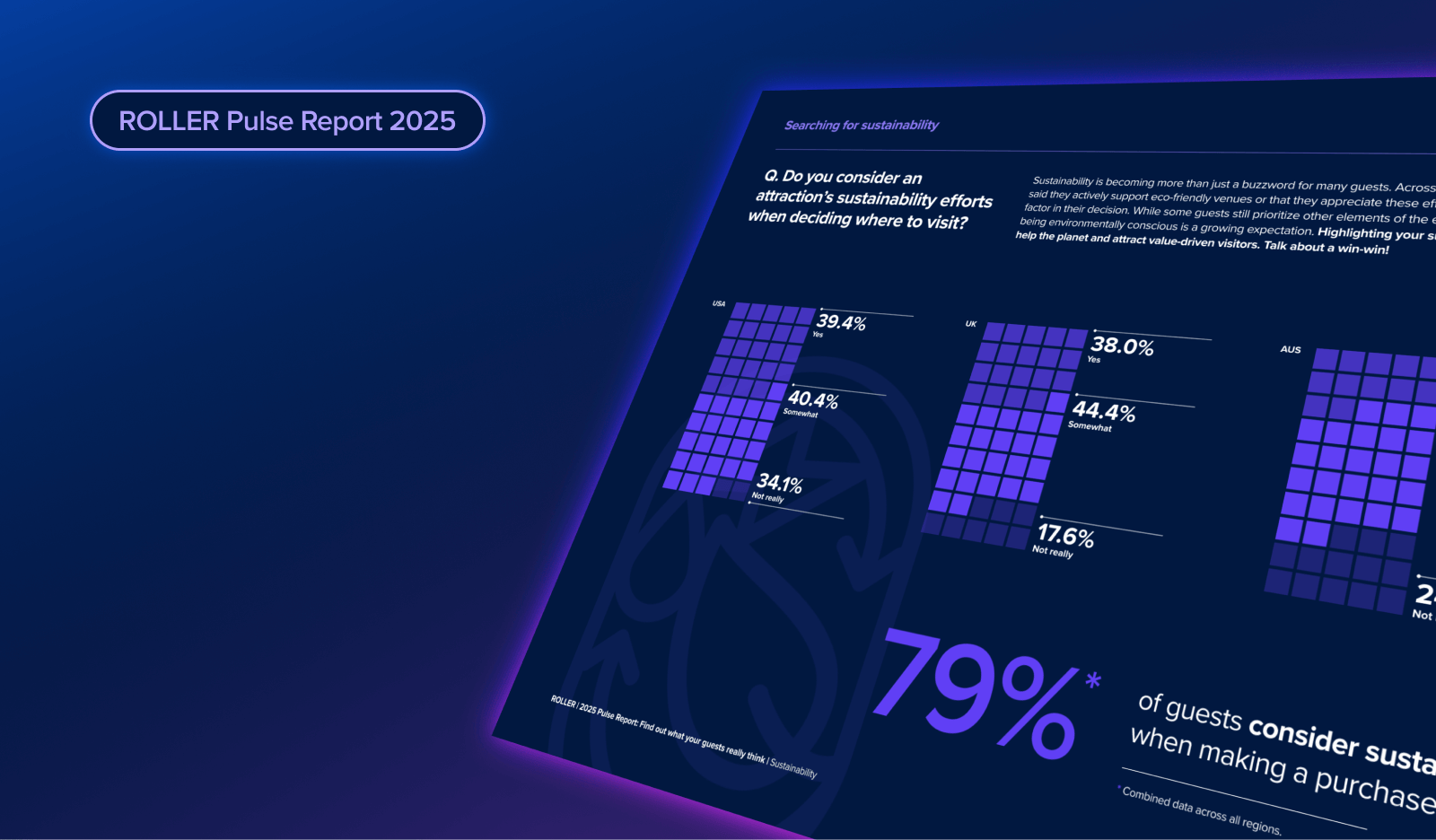7 Mistakes to Avoid When Responding to Social Media Complaints

This article provides recommendations for managing guest feedback on social media platforms such as Facebook and Twitter. For tips on responding to reviews on websites like TripAdvisor, Yelp, and Google Reviews, click here.
When it comes to channels of guest communication, social media is no longer the new player on the block. If you aren’t talking to your guests on these platforms, you are missing opportunities to meet guests where they are, whether it is distributing information or resolving complaints.
Because social media dialogues are a blend between marketing and customer service, the rules are a little bit different than resolving complaints that come in through internal channels.
The biggest difference? Online, you are in the public arena, so everything you say is open to public scrutiny. Here are seven things NOT to do when responding to complaints on social media.
Respond to everyone
Not every comment needs a response, and some are better off not responding to. For guests who post that they had an exceptional experience, these are worthy of engagement – thank the guest for visiting, share that you are glad they had a great time, and when possible, make a specific remark related to their post. Retweeting upbeat posts help to demonstrate social proof along with UCG (user-generated content). Valid guest complaints are also due a response in attempt to encourage the guest to contact you so that you can resolve the issue offline.
Posts that do not need a response include those that are generic in nature (they don’t indicate any positive or negative, just that they visited), and negative comments that are inflammatory, against your values, or otherwise not the type of content you want to promote. Engaging with a post in any way will boost its visibility, and with social media users having the ability to post at their leisure, you will occasionally see content that you don’t to align with your brand. As a rule of thumb, if it’s offensive, let it stand on its own. Your loyal followers may even jump to the rescue and respond for you.
Be lengthy, detailed, and long-winded
This is not the place to get wordy! If you want your message to stick out, not just to individuals you are replying to, but others who may be scrolling, keep it quick and punchy. There is a reason Twitter is limited to 280 characters. While Facebook does not have the same limit, being concise in your reply will work to your advantage. Think about the core message you need to communicate, and do just that. No need for any additional fluff or text that doesn’t add value to the conversation.
Prove guests wrong
This sounds obvious, but it is hard. If a guest tweets that you closed at 6:00 when your hours online say you close at 7:00, this seems like a quick fix and move on. But telling a guest that they’re wrong does not make them feel better, whether it’s in person, over the phone, or on social media. It makes the guest more frustrated, and doesn’t help you look good in front of the spectators watching your every move.
Instead, let the guest be right to have their feelings (part of the first step in your recovery process) by saying something like, “Hi, John! That sounds like it would be frustrating. We strive to ensure that our hours of operation are always up to date and accurate. Can you call us so we can understand more?” This will come across more pleasantly than, “No, John. The website said 6:00. Not sure why you didn’t see that.”
Offer compensation in your response
Never ever (EVER!) tell a guest what you’d like to offer them as part of a public response. While the beginning of the communication can begin on social media, your goal should always be to convert them to an offline channel (see the example above where the guest was asked to call) so you can have that conversation with them directly.
This does not mean that you shouldn’t stress your commitment to the resolution, but speaking on general terms is the best practice here. You can share in your reply that you’d like to learn more, offer your assistance, and see to it that their issue is fully resolved, but offering a discount or free ticket for their next visit (or whatever compensation is appropriate) will encourage others to make up issues that may have never happened. Generosity without verification opens the door for others to take advantage of you.
Mix in marketing messages
This is not – I repeat – this is not – the time to sell! Social media should be a prominent part of your marketing strategy, but when addressing complaints, this is where you take off your marketing hat and put on your customer service hat. A post about a subpar experience should not be met with, “Sorry you had a bad time, but next Thursday is half off after 4pm!”
On occasion, guests will use your marketing messages as the opportunity to complain. A Facebook post or a tweet that was posted as part of your regular strategy may spark someone’s memory when they see it that they have feedback they’d like to share. Let them use it, and by avoiding the other mistakes listed here, get them to an offline channel so their complaint does not become part of your marketing message.
Copy and paste the same message to everyone
If guests are reading your posts, whether they are considering an upcoming visit or they’ve been in the past, are going to read your responses to guests’ messages. If your messages are identical or even similar, it will give off a vibe that is disingenuous, insincere, or even lazy. Always ensure that some form of your reply is personal, in that it references that guest specifically along with their individual circumstance.
This is one of the biggest differences between responding publicly and privately. When returning emails or private messages to guests, it is advantageous to create standard form responses that require quick fill-in-the-blanks in a Mad Libs fashion. This ensures consistency and efficiency, but when it’s in the public arena of social media – guests catch onto it very quickly.
End the conversation
“I’m sorry you had a poor experience. We hope you decide to visit again soon.” If that made you cringe, you’re in good company. Acknowledging the complaint without action is just as bad as ignoring it altogether. If you aren’t planning to continue the conversation and see to a resolution, don’t reply at all. You’ll save your own time, your guests’ time, and the guest who posted it won’t get excited about a possible solution that will never materialize.
Instead, get them offline to take care of the rest (this cannot be overstated, as you can tell by now). If you have the ability to send a private message, respond publicly that you’ve done so – then turn to the private chat for the remainder of the conversation. Getting the guest on the phone is still the best way to communicate (yes, even in the 2020’s!), so provide the guest with the best number to reach you or your team, or ask for their number and the best time to contact them. No legitimate complaint on social media should end on social media.
By avoiding these mistakes, you can ensure that your social media pages exude a sense of positivity and hospitality, even when guests express their frustration. Remember that your response not only is in the interest of serving the guest who posted, but every guest reading it will be influenced to either visit you or stay away.
Related articles

.png)
What the 2025 Pulse Report Reveals About Guest Booking Behavior at Attractions

2025 Pulse Report: How Sustainability Is Shaping Guest Expectations
Enhance your guest experience
Get free education, tips and inspiration to help you run a successful venue.